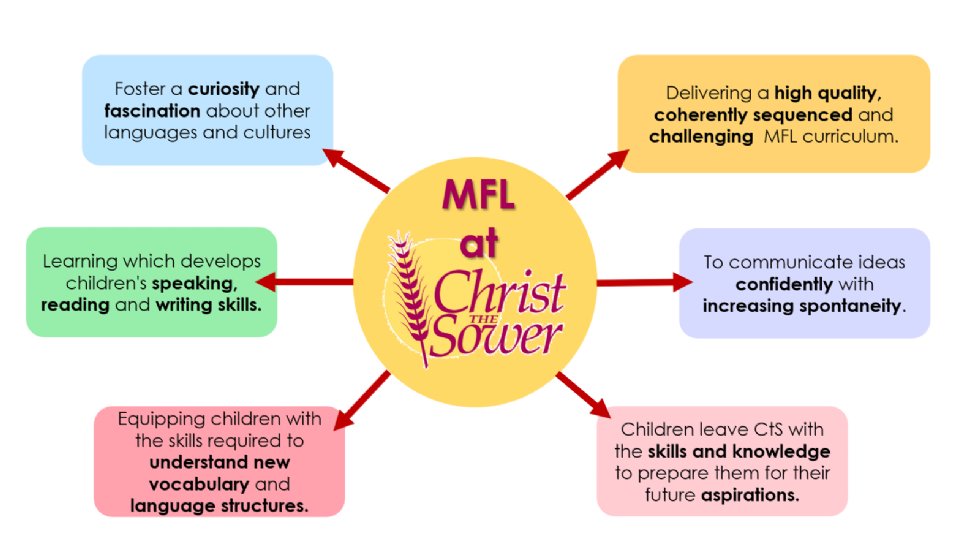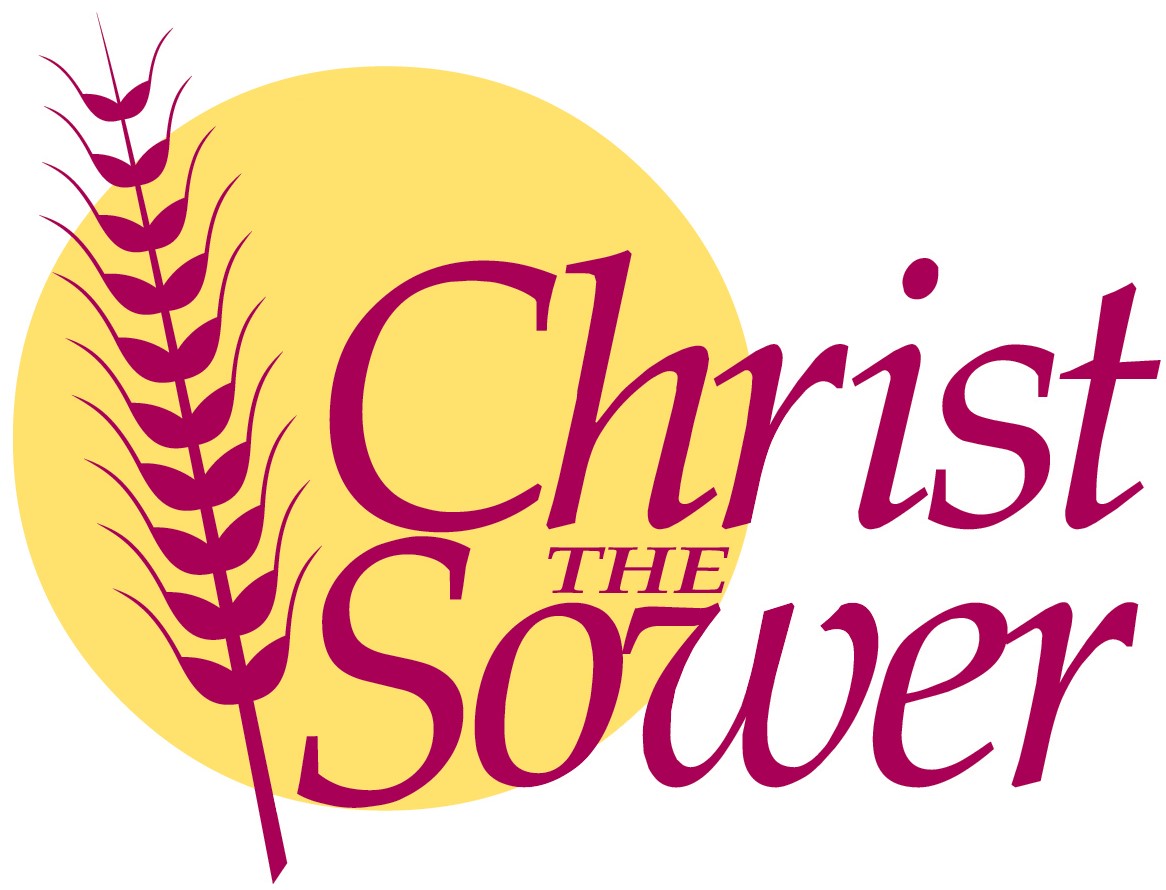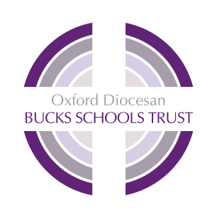Modern Foreign Languages
 Intent
Intent
At Christ the Sower, we believe that learning a language provides an opening to other cultures and deepens pupils’ understanding of the world, as well as contributing to the development of their general linguistic competence through the learning of another language. We recognise this importance as a life-long skill. This will enable them to become aware of other cultures through intercultural understanding.
The aim in our school is:
- For all Key Stage 2 children to learn French
- For children to understand their own lives in the context of exploring the lives of others
- For MFL to be embedded across the KS2 curriculum, and informally into KS1 through greetings and songs.
- For all children to develop an enthusiastic and positive attitude to other languages and language learning
- For all children to develop language learning skills
- To raise awareness of aspects of children’s own language and make comparisons with the target language, thereby enriching their understanding of both
- To become increasingly familiar with the sounds and written form of a modern foreign language
- For all children to enjoy some degree of success in learning a new language
- For all children to use their knowledge with growing confidence and competence to understand what they hear and read, and to express themselves in speech and in writing
- For all children to increase cultural understanding by learning about different countries and their people, and working with materials from those countries and communities
- For all children to form a sound basis for further language learning at Key Stage 3 and beyond.
Implementation
All pupils have an opportunity to learn French in Key Stage 2. A weekly lesson of 45 minutes is dedicated to the teaching of French in years 3, 4 and 5. In Year 6, lessons are taught in blocks in the summer term, where the children are immersed in French lessons and cultural days, so that they are ‘secondary ready’. Lessons are delivered by class teachers. We have adopted Light Bulb Languages scheme of work. The schemes and accompanying lesson plans are designed to meet all the targets of the KS2 programme of study. These have been broken down to provide specific targets for each year group to ensure language progression over four years. The scheme allows for each year group to focus on oracy, literacy and intercultural understanding. Knowledge organisers are available for each unit of work, which shows the key skills, vocabulary and activities to be taught.
Pupils record their work in books, which follows them throughout their years here at Christ the Sower. All classrooms have access to French dictionaries and displays to support their learning.
Rationale of the scheme of work
- Develop resilience in language learning as well as enjoyment of it through a challenging scheme of work
- Acquire language learning strategies for memorisation and retrieval as well as for listening, reading and understanding
- Develop the skill of how to use a bilingual dictionary to decode unfamiliar language
- Be able to manipulate language to speak or write sentences creatively using prior knowledge of grammar and key features; with and without a dictionary
- Have a sound grasp of the key sounds of the French language and their corresponding graphemes and be able to apply this knowledge when speaking, listening and reading aloud
- Recognise some of the language patterns of French and how these differ or are similar to English
- Appreciate and be able to copy the sound of the language at text level through songs, stories and rhymes
- Have a deeper understanding of cultural differences and similarities
- Demonstrate substantial progress in learning French and work towards or meet the targets of the KS2 Programme of Study for Languages
Content
- The vocabulary is chosen to ensure exposure to all the key phonic sounds and to provide the ability to build sentences using grammatical knowledge.
- The lessons are designed to be progressive and build on prior learning, moving from word to sentence level over the four years
- Formative assessment in each lesson informs the planning, teaching and content of subsequent lesson plans
- The lesson activities are exciting, varied and interactive and develop listening, reading, speaking and writing skills
- The resources include: Interactive whiteboard activities with audio support; songs, stories and rhymes; classroom games and bilingual dictionaries.
Impact
The class teachers assess each child’s progress with reference to the attainment targets of the Programme of Study for Languages. By the end of each year, the stages which have been achieved for each attainment target will have been recorded on a monitoring sheet. Assessment is based on class observations of listening and speaking activities as well as written evidence in the children’s exercise books. We aim to use the statements on ‘Target Tracker’ (a software on the schools network) to support our assessments.

